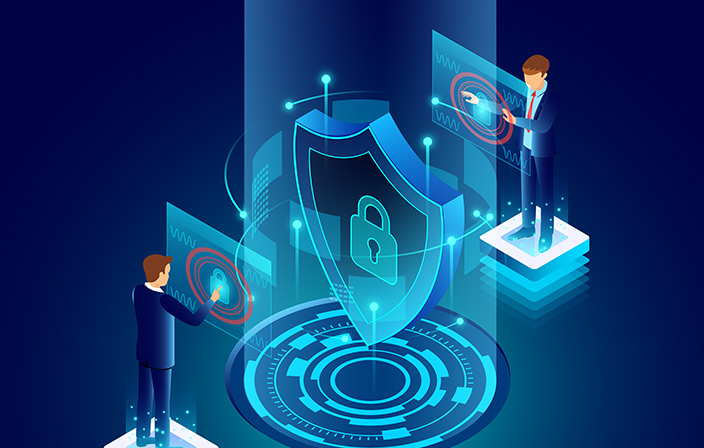-

- Jun 16, 2022
- 225 views
What is B.Sc in cyber and digital Science?
A B.Sc. in Cyber and Digital Science is an undergraduate degree program that focuses on the study of cybersecurity, digital technologies, and their application in various industries. It is an interdisciplinary program that combines elements of computer science, information technology, cybersecurity, and digital forensics.
The program aims to provide students with a strong foundation in understanding the principles, techniques, and practices related to cybersecurity and digital technologies. It equips students with the knowledge and skills to protect digital assets, secure networks and systems, analyze digital evidence, and mitigate cyber threats.
The curriculum of a B.Sc. in Cyber and Digital Science typically covers the following areas:
Cybersecurity Fundamentals: Students learn about the basics of cybersecurity, including concepts of confidentiality, integrity, and availability of information. They study different types of cyber threats, attack vectors, and security controls.
Digital Forensics: The program covers the principles and techniques of digital forensics, including data acquisition, preservation, analysis, and reporting. Students learn how to collect and examine digital evidence for investigations.
Network Security: Students gain knowledge about securing computer networks, including topics such as network protocols, firewalls, intrusion detection systems, and secure network design.
Information Security Management: The program includes courses on security management, risk assessment, security policies, and compliance with legal and regulatory requirements. Students learn about security governance, incident response planning, and ethical considerations in cybersecurity.
Secure Software Development: Students are introduced to secure software development practices, including secure coding principles, vulnerability analysis, and software testing for security.
Emerging Technologies: The program explores emerging technologies and their impact on cybersecurity, such as cloud computing, Internet of Things (IoT), artificial intelligence, and blockchain.


